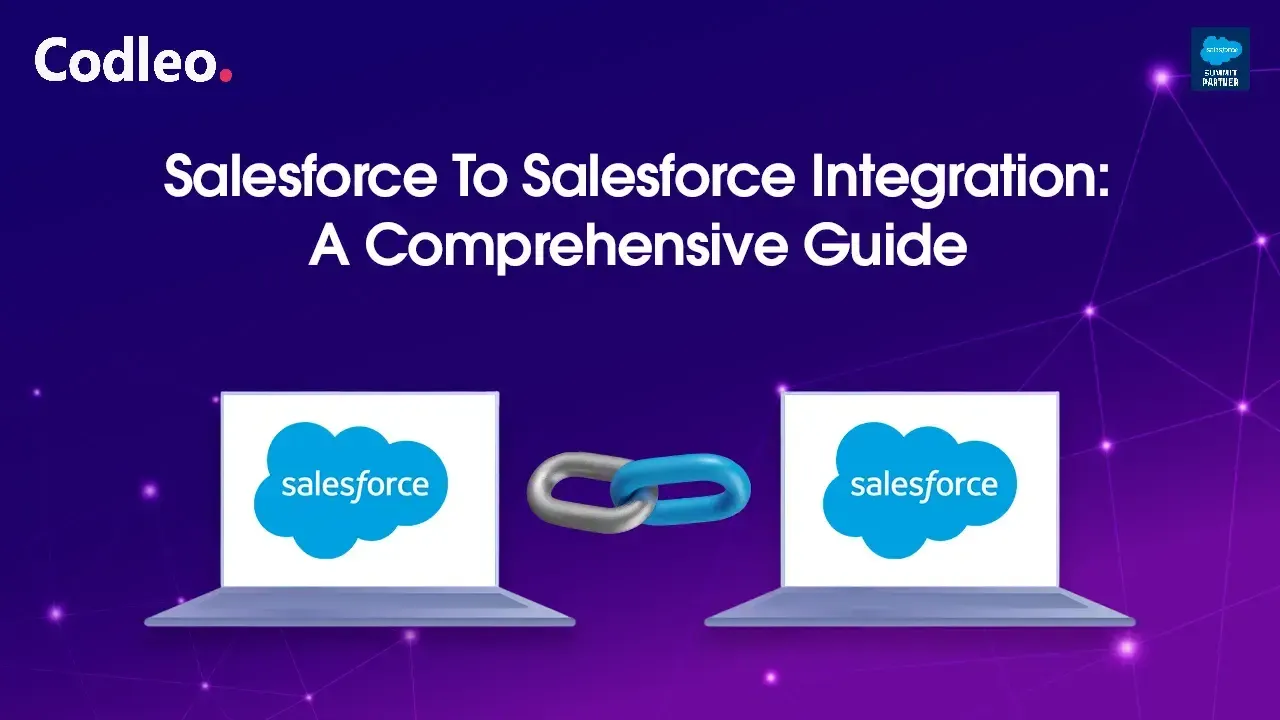Publish date:
Salesforce stands out as a premier leader in CRM software, offering widely used solutions such as Health Cloud, Service Cloud, and Marketing Cloud. Despite the extensive capabilities of these platforms, many organizations require custom development to address their unique business needs. To support these specific development and architectural requirements, many companies have established Salesforce DevOps teams. These teams are essential for improving collaboration and streamlining the release of Salesforce applications.
Salesforce Developers and Architects are responsible for designing and advancing custom development processes. After the development phase is completed, DevOps teams play a crucial role in implementing Continuous Integration and Continuous Delivery (CI/CD) practices. This ensures secure and efficient releases as applications transition from one environment to another, ultimately reaching production for end-users who rely on the Salesforce system.
Salesforce DevOps Pitfalls
Until recently, the connection between Salesforce and DevOps was not commonly recognized. While Salesforce teams have access to basic native tools, these often lack the advanced capabilities found in other software delivery tools. Consequently, integrating DevOps practices with Salesforce has become essential for the effective and efficient delivery of new applications and custom solutions that cater to evolving business demands.
Teams that are new to DevOps in the Salesforce ecosystem often encounter common challenges and limitations with native tools. As the adoption of Salesforce DevOps continues to grow, these teams must understand and navigate these obstacles to successfully integrate the appropriate tools and achieve their objectives.
Common challenges in Salesforce DevOps include:
-
Lack of Version Control: Most native Salesforce tools lack robust version control capabilities, significantly slowing down team productivity. Git is commonly used for version control in Salesforce, but many Salesforce teams may not have extensive experience with it.
-
Limited or Nonexistent Backup and Rollback: The absence of reliable metadata backup options poses significant risks. While experts often suggest using third-party backup solutions, some businesses rely on native tools to export data to local machines, which is neither secure nor reliable.
-
Lack of Deployment Insights: Native Salesforce tools do not provide comprehensive reporting on deployments. Such insights are crucial for DevOps teams to review releases retrospectively and enhance efficiency.
-
No Static Code Analysis: Industry best practices recommend scanning source code and reviewing the results to make necessary changes. However, Salesforce does not offer built-in integration for static code analyzers, which is essential for maintaining code quality.
Impact on Salesforce DevOps Teams
These challenges significantly affect the time and efficiency of Salesforce DevOps teams. The absence of a dedicated DevOps tool for managing deployments invariably prolongs the timeline for moving applications into production. Additionally, the lack of comprehensive reports and insights means that Salesforce DevOps teams lack the visibility needed to identify areas for future improvement, often leading to a delivery process fraught with guesswork rather than data-driven decisions.
Compliance can also be compromised due to these challenges. For instance, developers might resort to storing metadata backups on local machines, a practice that is not recommended from a security standpoint but is often a necessity with native Salesforce tools.
To overcome these hurdles, Salesforce teams can leverage DevOps tools. When the right tools, processes, and cultural practices are aligned, Salesforce DevOps teams can achieve their desired outcomes. A robust technology stack can address many of the limitations of native tools, providing numerous options to enhance efficiency and security.
Summary
In conclusion, modern Salesforce teams must adopt DevOps practices and utilize tools that provide automatic support for version control, metadata backups, rollback options, deployment insights, and static code analysis. By effectively managing these aspects, teams can implement Continuous Integration and Continuous Delivery (CI/CD), ensuring that Salesforce applications are delivered swiftly and securely.















